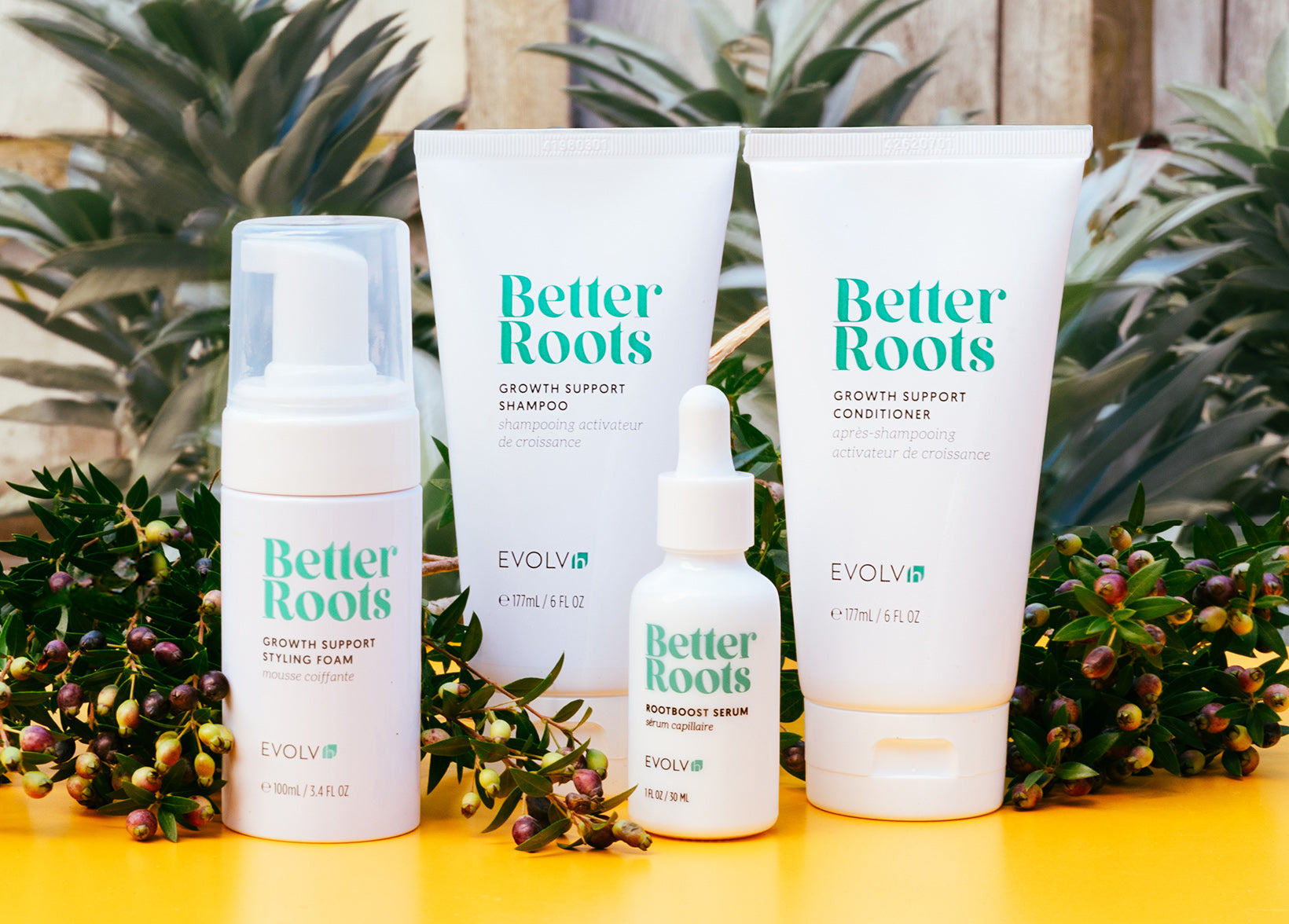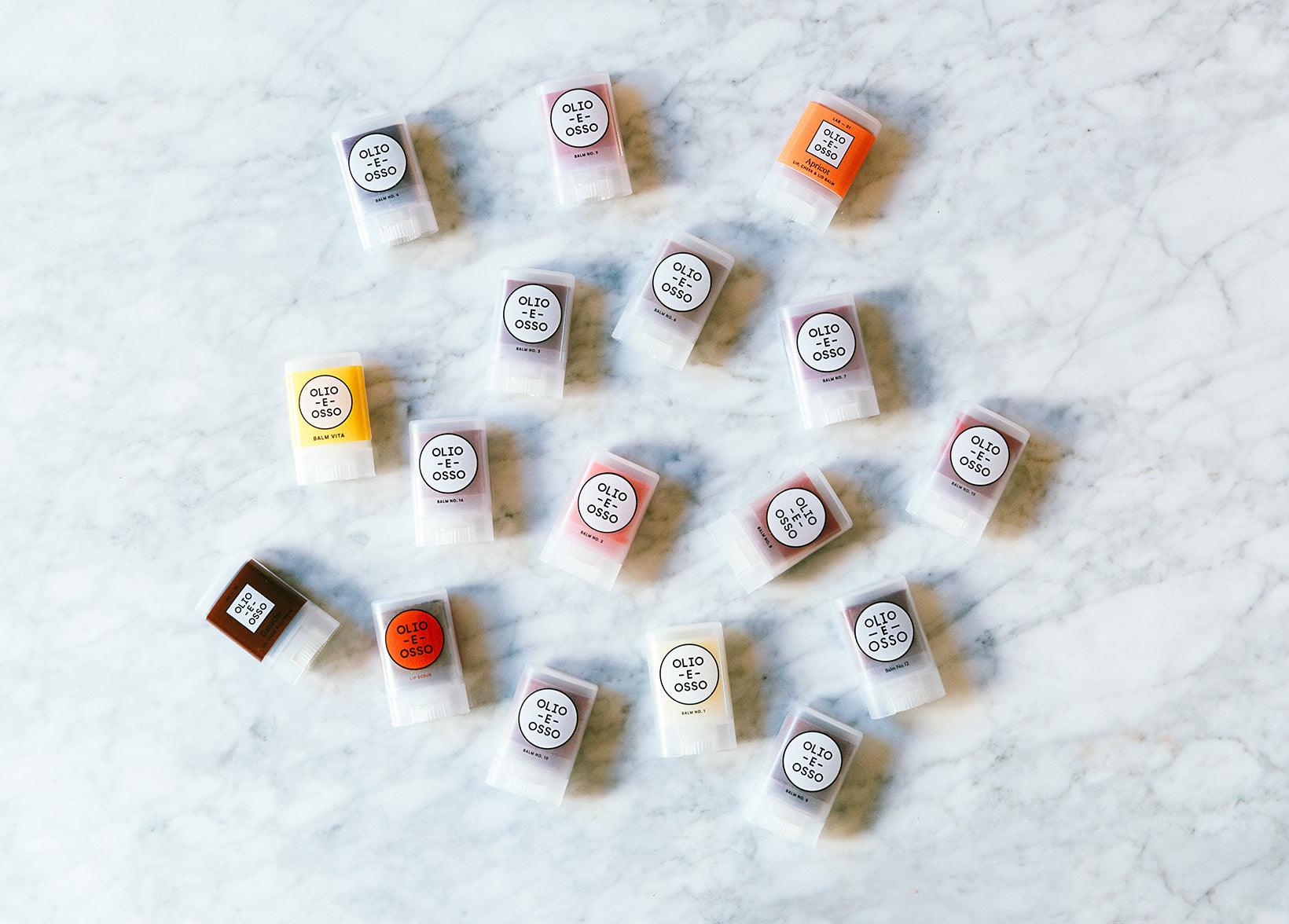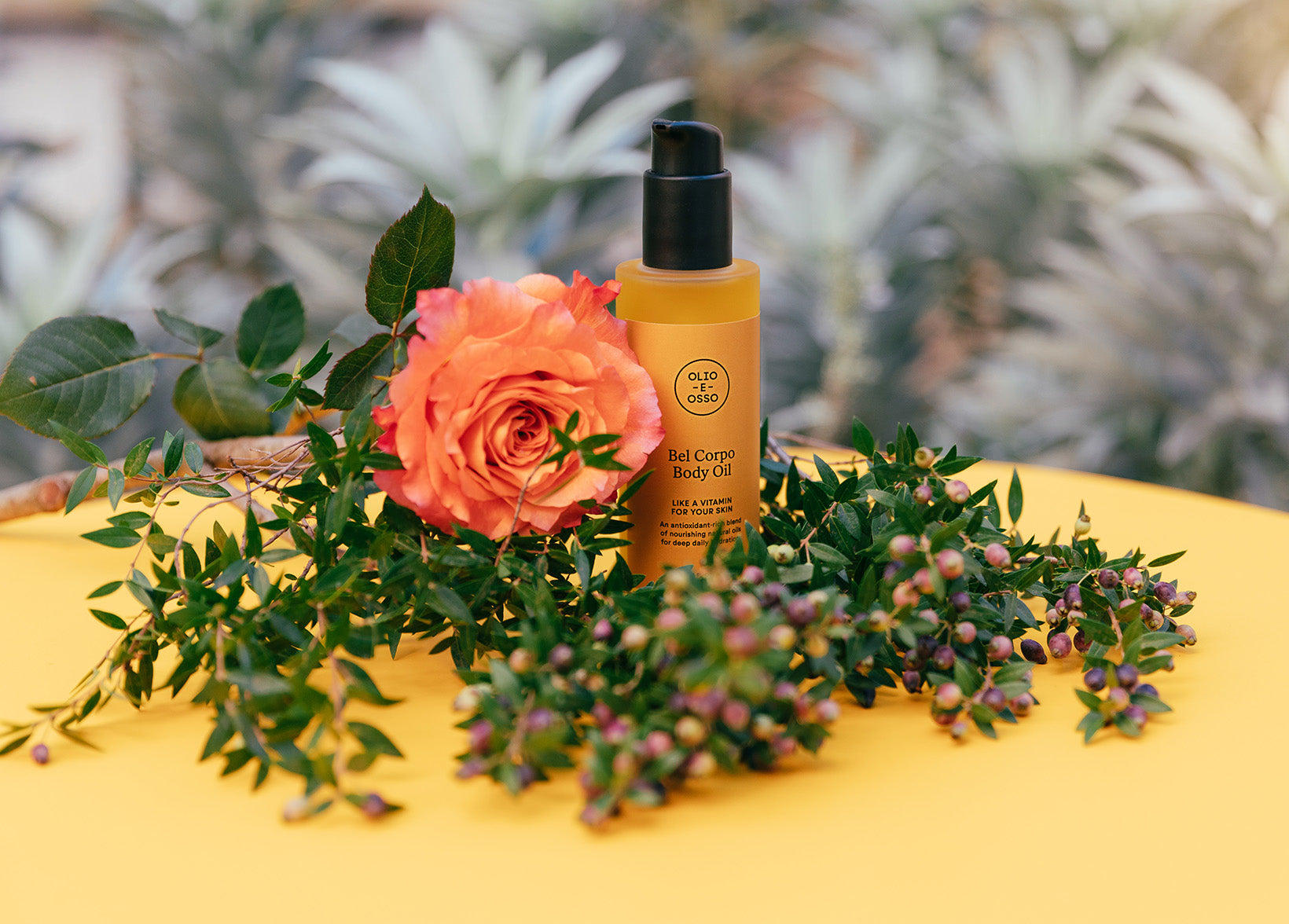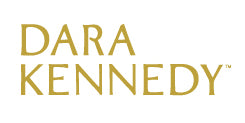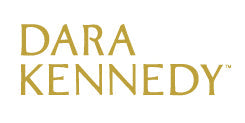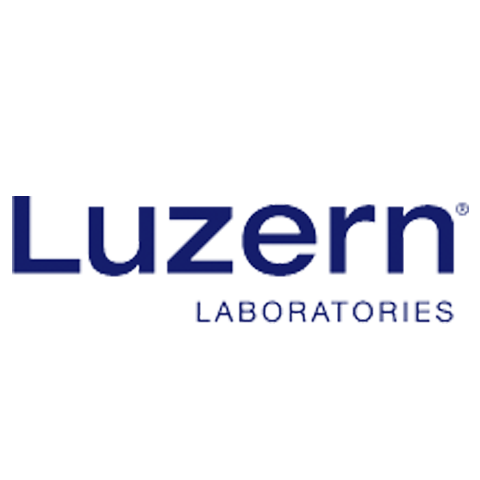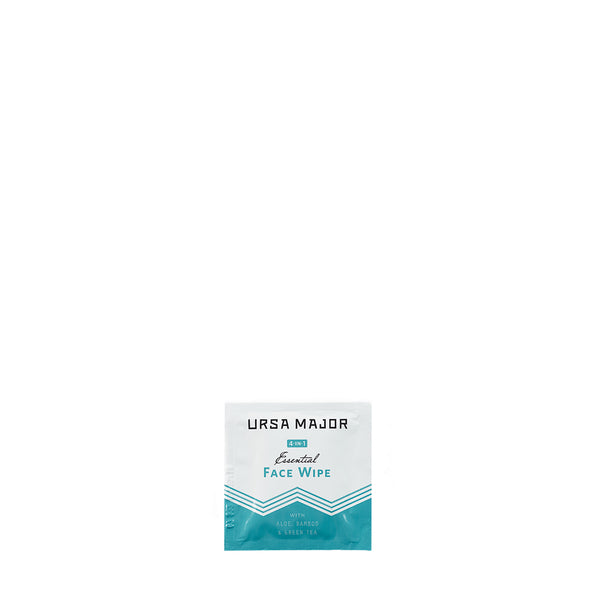Recent Articles
Of the many vexing skin conditions out there, one of the most frequently experienced is acne: even those who sailed through the teen years with minimal breakouts can find that acne pops up later on. And whether you're a teen or an adult, acne is often related to hormonal activity. But what is hormonal acne, exactly, and what can be done about it?
We figured the perfect person to dig into this would be Marie-Veronique Nadeau, who has a well-deserved reputation in natural beauty circles as something of an acne-fighting wizard. She developed her Treatment line specifically to address breakouts at their source instead of simply drying them up, and she even wrote a refreshingly fun-to-read book on the topic called The Acne Answer.
Here, Dara catches up with Marie on her latest thinking about how we can more clearly define “hormonal acne,” and what we can do when faced with it.

Dara: You’ve found that with adult acne, there are typically three related situations: hormonal activity, barrier impairment, and inflammation; with teens, acne is typically related to hormonal involvement, too. A common link here seems to be hormones, which explains why “hormonal acne” is such a hot topic.
First of all, how do you think we should define it?
MARIE: Suppose we start looking at this from another angle, using different categories for different types of acne, with the expectation that hormones are going to be somewhere in the equation — either as a major factor or not.
These are definitely hormonal: acne vulgaris or teenage acne, PCOS in adult women, steroidal acne (athletes overdoing it on the steroids).
Then there are the conditions that mimic acne, like second stage rosacea, dermatitis, with sub categories seborrheic, PD, atopic, even allergic reactions that produce rash-like symptoms. In these conditions, hormones (probably) take a backstage to other stuff going on; microbial imbalance leading to overcolonization of Human demodex (rosacea) or Staph aureus (eczema), compromised barrier function (inflammatory adult acne).
Combinations of conditions: As we get older we are more likely to be looking at a number of causative factors leading to skin disorders, especially when inflammation is involved. Treatments are going to vary according to how symptoms present, but we can expect inflammatory storms which might involve adult acne to be playing a part in older people. Ultimately, whether it’s aging, acne, or periodontal disease, it all goes back to inflammation.
Dara: What are some of the hallmarks of hormonal acne?
MARIE: Acne vulgaris, if you are a teenager. Boys especially produce lots of testosterone, thus lots of sebum, that clogs pores and creates the classic teenage acne; pus-producing pimples on the face and sometimes the back as well.
Adult acne. Adult acne that is hormonal in nature looks a lot like teenage acne in that pimples appear in clusters and are pus-producing, as in acne vulgaris. However, the pubertal storms have settled a bit, so rather than full-on acne all the time, adult acne looks more like breakouts at a certain time of the month. These subside when the hormones are more conducive to creating the conditions that produce clear skin, making you wonder why your goddamn skin can’t just be like that ALL the time.
Men who had acne problems in their teens find their skin clears up in their twenties, and, of course, testosterone means they won’t wrinkle up later on. However, they may at some point have to trade acne concerns for hair loss, which is also related to testosterone. Bwha ha ha.
Another hormone-related tip-off is if the acne keeps returning to the same site. The jawline is a popular return destination, and can even involve the same pores, which keep getting infected over and over. That one on your jaw right under the corner of your mouth? Grrrr....
Dara: Some hormonal fluctuations are ones that we really can’t control. But cortisol, the stress hormone, can affect other hormones (and kick off a bout of hormonal acne) — and that one we can at least try to manage! In what you’ve seen, does hormonal acne that’s related to stress look or behave differently from other types of hormonal acne?
MARIE: Stress is the trickster when it comes to skin conditions in general. Could it be stress? Or is it something else? My concern is that we default to stress when we have run out of ideas. Yeah, stress is real, but how are you with oral microbiome health? Most inflammation starts in the mouth; everyone has some degree of periodontal disease, even in their twenties—and I have seen with my own eyes skin problems clear up, especially PD, when gum disease is successfully addressed. This is just my opinion, but I would go so far as to say dental problems are the rate-limiting step in the average human lifespan.
If you still have acne problems and your mouth is sparkling perfection then you can call it stress, but not before. Stress is the excuse of last resort. This is me going off-piste, but honestly, I get quite annoyed when people rush to blame everything on stress. We should be able to handle a bit of stress without following apart for Thor’s sake, we are built to, and to some extent we thrive on it.
Dara: Cue the feverish Googling related to oral microbiome health!
I’d love to talk about protocols next. In general, your advice for acne (at any age) involves regulating sebum production, keeping pores clear, subduing inflammation, and balancing the microbiome. Can you share a few different protocols for hormonal acne at different ages, if that’s an appropriate way to think about it?
MARIE: That’s totally the way to think about it. Teenagers can handle exfoliation, salicylic acid to kill Staph aureus overgrowth, etc. However, for older skins with diminished oil production and slower cell turnover rates, all these treatments must be handled with care. One of the saddest things I’ve encountered over the years is the older woman who looks me in the face and says “My skin is really oily,” when I see dry, cracked, reddened skin that is a mess because it’s being subjected to the same treatments the skin owner used in her teens to combat acne.
So, as you age pay attention to skin changes—it’s going to get drier, and if you are still getting acne it may not be “acne” anymore, but inflammation caused by overtreatment with the wrong products. This is such a common trap that I advise people to consult with a knowledgeable person (like one of our estheticians) who can be more objective.
On another note, don’t ignore your skin’s past life as a teenager. Everyone is different, but how your skin behaves as a teenager can be predictive in terms of what conditions you may face later on—acne vulgaris → rosacea, clear skin→ premature aging and wrinkles, teenage acne → inflammatory acne. The trick is to back engineer your treatments—find what works to clear your acne and that may (or may not) lead to keeping it under control in later stages of its life. In other words, it’s guesswork. Sorry.
See Marie’s protocols for adult acne, teenage acne, and men’s skin with acne here.
Dara: How do you suggest choosing between the Treatment Serum and Intensive Repair Serum?
Treatment Serum contains Vitamin B5, which is good for acne vulgaris and PCOS where there is definitely a hormonal connection. Intensive Repair Serum is good for exfoliating clogged pores, a condition that can lead to breakouts if the pores become infected.
There can be any number of causative factors here, aside from hormones. I’d go the Treatment Serum route if you have chronic breakouts of the hormonal type, and Intensive Repair Serum if you just need the occasional deep exfoliation. Treatment Serum can be used daily, Intensive Repair Serum 3-4 times a week. Be a little cautious, especially if you notice your skin getting dry.
Dara: Do you have any other lifestyle suggestions to share in order to help keep acne under control? (Food, supplements, habits, etc.)
Get lots of B vitamins, floss after every meal, and eat a diet high in anti-inflammatory foods, but don’t forego the food you love. (I can limit pizza and croissants, but I am not giving them up.)
About Marie: Marie-Veronique Nadeau founded Marie Veronique over 10 years ago and is a nationally recognized formulator and beauty expert. She collaborates with her daughter, Jay Nadeau, physicist and bio-medical engineer, to carefully choose each ingredient in her products to address the causes of aging at the source. Marie holds a BS in Math and Chemistry as well as an esthetics license from Paris Beauty College. She is a mother of two and a grandmother of one. When she is not developing cutting-edge skincare products, she can be found reading at her local library or foraging for mushrooms with her granddaughter.

